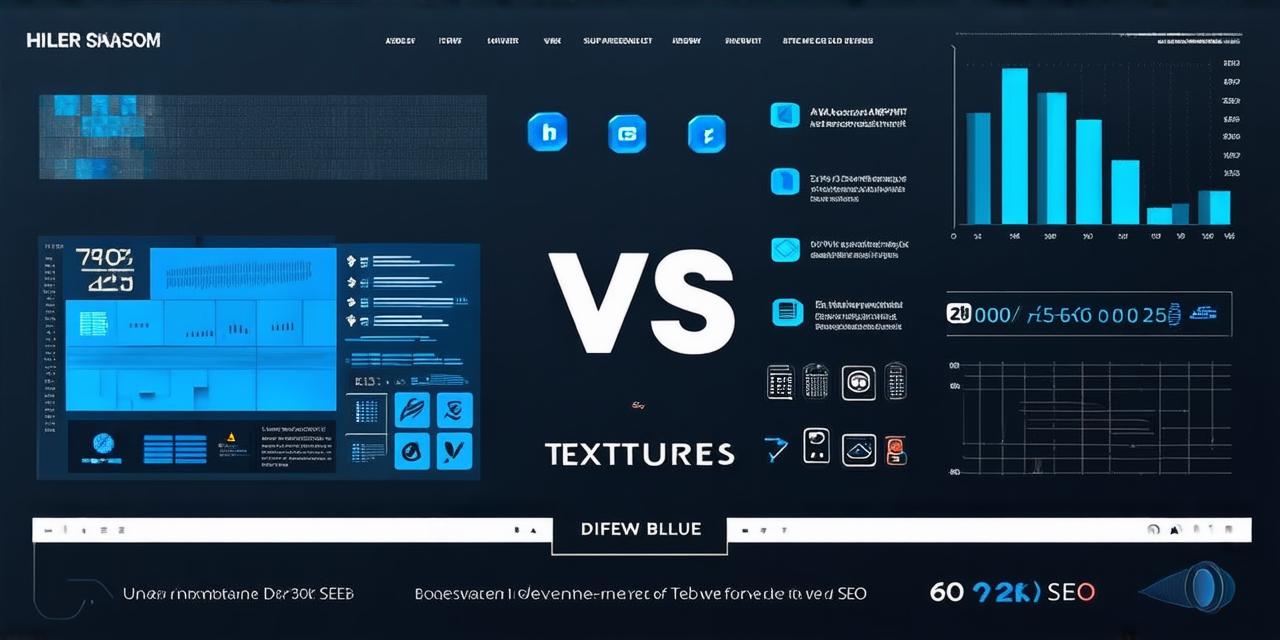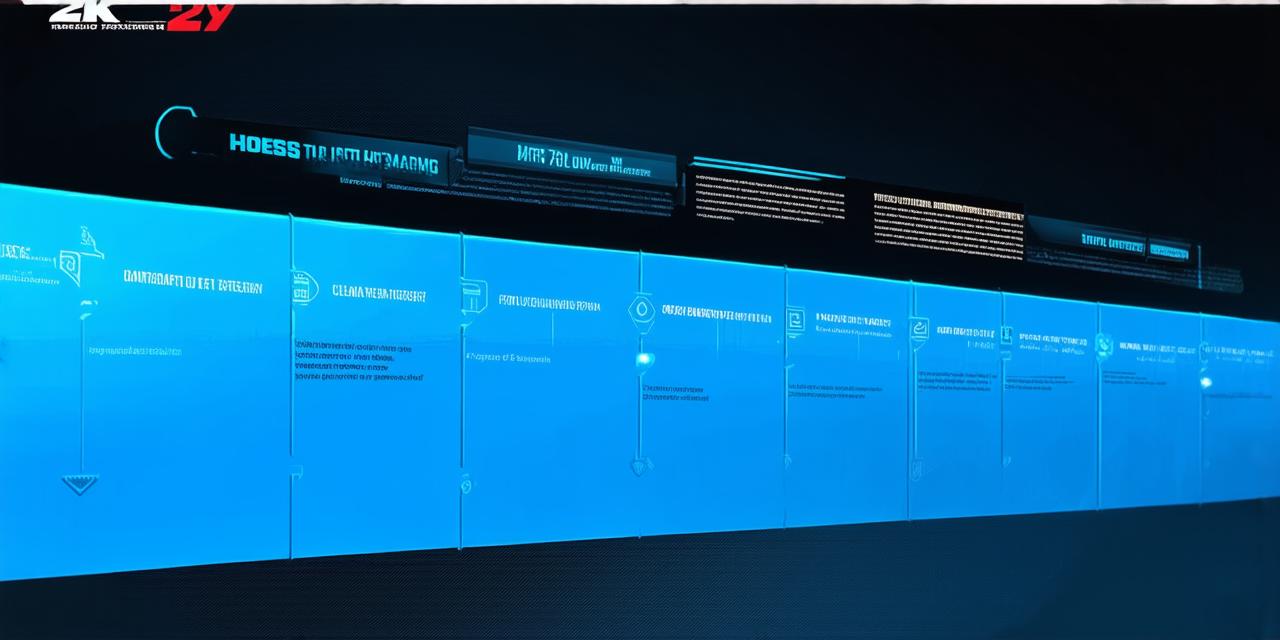
Is coding essential for web development?
Understanding the Basics: The Role of Coding in Web Development
At its core, web development involves creating websites or web applications. These digital creations are essentially a blend of content, design, and functionality—all of which require coding to some extent.
The Art of Customization: Personal Experiences and Case Studies
Consider the case of John, a web designer who wanted to create a unique, interactive portfolio site. He could have used a pre-made template, but he desired something distinctly his own. Through learning HTML, CSS, and JavaScript, John was able to bring his vision to life, crafting a personalized digital space that showcased his skills and creativity.
The Power of Coding: Expert Opinions and Research
“Coding is the backbone of web development,” says Sarah Drasner, a renowned web designer and developer. “It allows us to create, modify, and adapt our digital creations according to our needs.”
A study by W3Techs found that 96% of all websites use at least one programming language, with HTML being the most widely used. This underscores the importance of coding in web development.
The Balancing Act: When No-Code Tools Come into Play
However, it’s essential to acknowledge the rise of no-code tools that allow for web creation without extensive coding knowledge. While these tools can simplify the process and make web development more accessible, they often limit customization and flexibility compared to coded solutions.
The Verdict: Embracing the Power of Coding in Web Development
In conclusion, while no-code tools offer a streamlined approach, mastering coding skills remains crucial for those seeking to create truly unique, customizable web experiences. As web development continues to evolve, so too will the role of coding—a testament to its enduring importance in this digital landscape.
Frequently Asked Questions
1. Can I become a web developer without learning to code?

While it’s possible to create simple websites using no-code tools, mastering coding skills is essential for creating complex, customizable web applications.
2. What programming languages should I learn for web development?
HTML, CSS, and JavaScript are the fundamental building blocks of web development. Depending on your focus (front-end or back-end), you may also need to learn languages like Python, Ruby, or PHP.

















